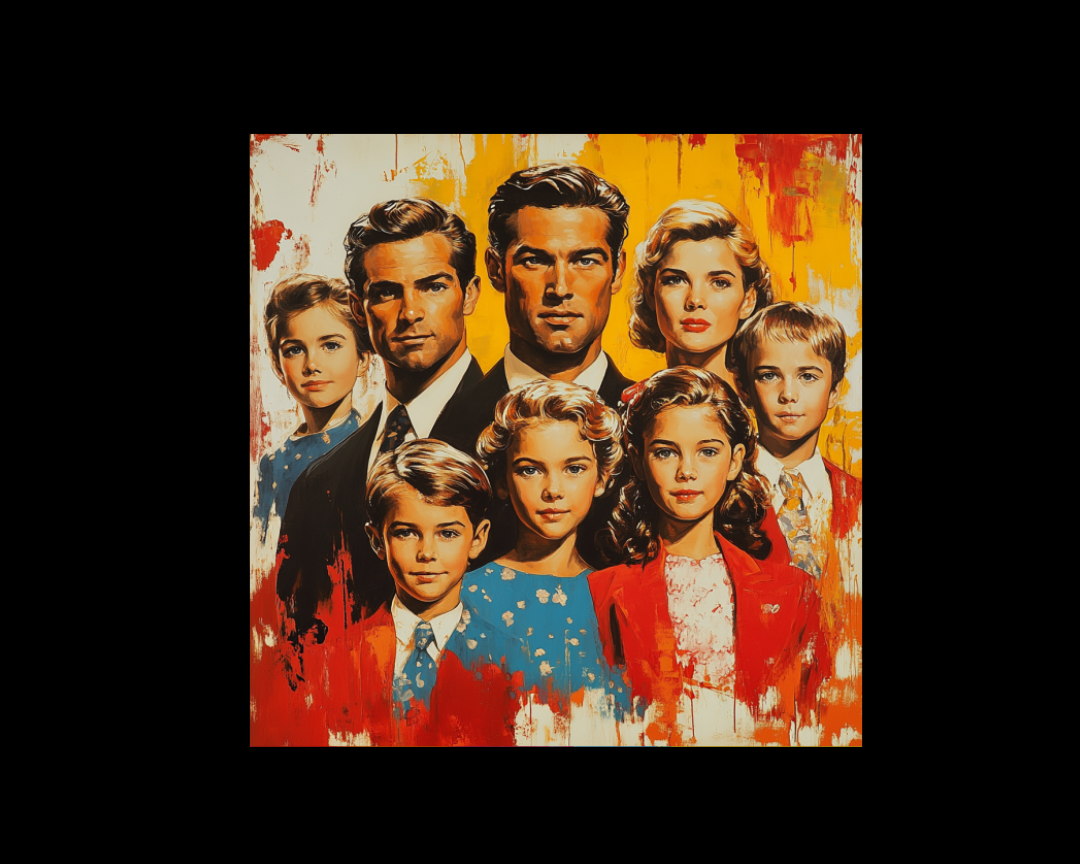Unwanted Exits and Narrative Shifts: Crafting Compelling Fiction
In fiction writing, the art of keeping readers engaged is a delicate dance. Unwanted exits and narrative shifts are pivotal in shaping the reader's...
3 min read
 Writing Team
:
Nov 19, 2024 6:53:44 PM
Writing Team
:
Nov 19, 2024 6:53:44 PM

Ancestral fiction is a rich and complex literary approach that intertwines the threads of history, identity, and collective memory. By embracing the voices, stories, and experiences of past generations, writers can create a narrative tapestry that transcends individual perspectives and resonates deeply with readers. This form of writing is not merely a creative exercise but a profound act of honoring lineage, interrogating heritage, and envisioning continuity.
This article explores ancestral fiction as a genre and practice, covering the methodology, challenges, and opportunities it presents to professional writers.
Ancestral fiction goes beyond the conventional storytelling framework by incorporating:
By weaving together these elements, ancestral fiction creates an expansive narrative landscape where the past and present intersect.
There are a few key motivations for this kind of work.
Ancestral fiction allows writers to explore their cultural or familial history, preserving stories that might otherwise be lost to time. It becomes a way to pay tribute to the sacrifices, resilience, and wisdom of those who came before.
Through fictional narratives, writers can explore the lingering effects of historical events like colonization, war, or displacement. By giving voice to silenced generations, ancestral fiction helps in healing collective wounds.
While rooted in specific histories, ancestral fiction often uncovers universal themes such as survival, identity, and connection. This duality makes the genre both personal and broadly relatable.
This tactic requires a few key factors.
Authenticity is key in ancestral fiction. Professional writers should:
Ancestral fiction walks a fine line between historical accuracy and imaginative storytelling. Writers must decide:
Characters in ancestral fiction often serve as bridges between eras. Writers should:
Here are some things to practice and consider.
Ancestral fiction frequently employs nonlinear structures to mirror the interconnectedness of time. Techniques include:
A distinctive feature of ancestral fiction is its use of collective voices. Writers can:
Recurrent themes and symbols can unify the narrative across generations. For example:
This method and approach to writing has its challenges.
With its expansive focus, ancestral fiction risks becoming unwieldy. Writers must:
When dealing with cultural or ancestral stories, writers face the ethical responsibility of:
Ancestral fiction must evoke deep emotional engagement while handling complex narratives. Writers should:
Many celebrated works of literature exemplify the power of ancestral fiction:
Each of these works illustrates how ancestral fiction can capture the complexities of history, identity, and legacy.
If you're undertaking this, here are some tips.
Writing ancestral fiction is a profound act of exploration, reflection, and storytelling. By embracing the collective voices of generations, professional writers can create narratives that honor the past, illuminate the present, and inspire the future. In this genre, stories are not just told—they are lived, shared, and remembered across time.
For those willing to embark on this journey, ancestral fiction offers an opportunity to craft works of enduring resonance and profound impact.

In fiction writing, the art of keeping readers engaged is a delicate dance. Unwanted exits and narrative shifts are pivotal in shaping the reader's...
.png)
Bizarro Fiction, a relatively new genre often likened to the cult section in your video store, has been a niche of literary experimentation.

In a world overwhelmed by noise, minimalist fiction stands as a quiet rebellion. It's an art form that proves the old adage: sometimes less isn't...